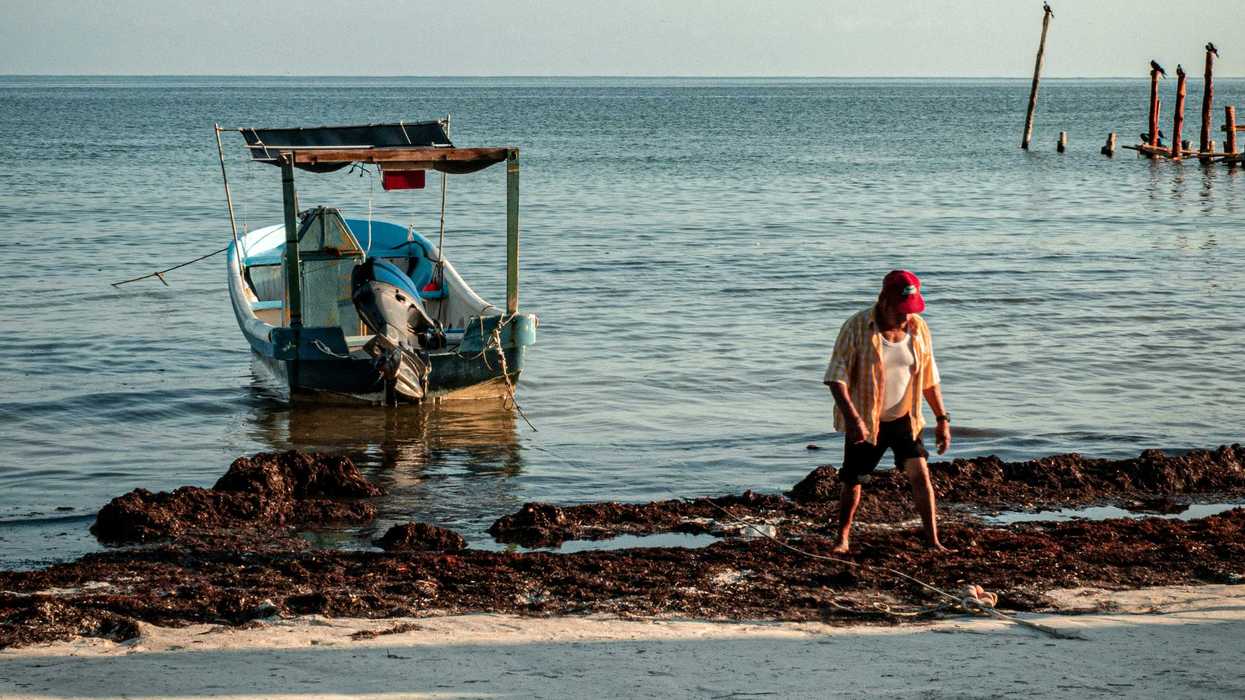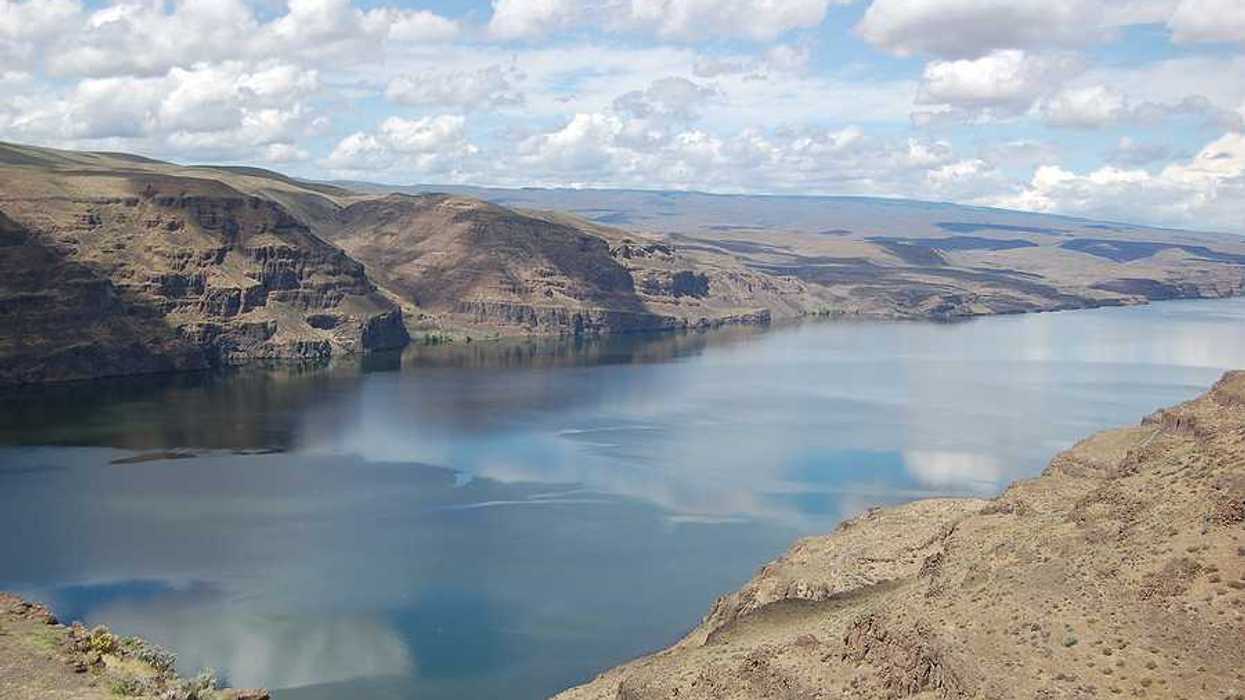The National Institutes of Health will stop U.S. scientists from directing federal grant money to international collaborators, threatening joint efforts to tackle global health challenges like malaria and childhood cancer.
Roni Caryn Rabin reports for The New York Times.
In short:
- NIH Director Dr. Jay Bhattacharya announced the new policy, citing concerns over accountability and national security, following critical Government Accountability Office reports.
- The move halts new so-called subawards to foreign institutions and may disrupt clinical trials requiring international collaboration, though existing agreements remain for now.
- Scientists warn the ban could severely delay research on rare diseases and global health threats that require large, diverse study populations.
Key quote:
““Competitive science requires a team approach. There’s no one lab or institution or investigator that has all of the tools necessary to solve the very complex questions that we’re asking."
— E. Anders Kolb, chief executive of the Leukemia & Lymphoma Society
Why this matters:
Scientific collaboration across borders has long fueled breakthroughs in public health, from tracking infectious diseases to developing vaccines and treatments for rare cancers. U.S. scientists partnering with foreign institutions gain access to diverse populations and disease patterns not found domestically, accelerating research that saves lives worldwide. The NIH’s new policy disrupts these networks just as global health challenges — from emerging pathogens to antibiotic resistance — demand international cooperation. Limiting funds to domestic-only research may delay or even derail studies on diseases like malaria, tuberculosis, and childhood cancers, particularly as precise classifications of diseases mean U.S.-only patient pools are too small for timely trials.
Related coverage:
Scientists worldwide pledge to support U.S. colleagues facing political attacks on climate research














